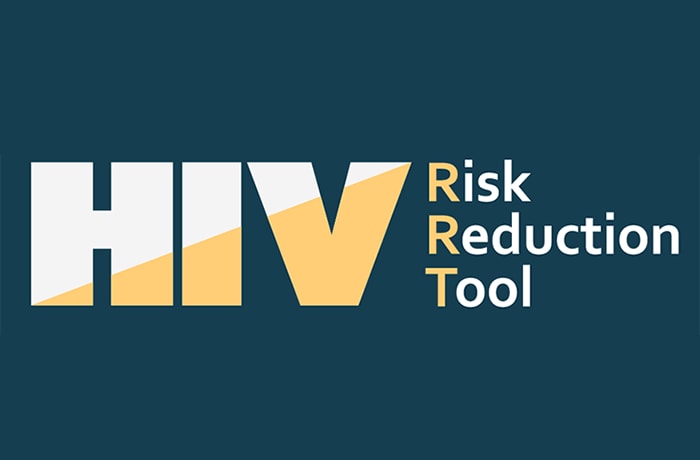Protect Yourself During Sex

Choose Sexual Activities With Little to No Risk
- Choose sex that is less risky than anal or vaginal sex. There is little to no risk of getting HIV through oral sex.
- You can’t get HIV from sexual activities that don’t involve contact with body fluids (semen, vaginal fluid, or blood).
- Learn more about how HIV is and is not transmitted.
Use Condoms the Right Way Every Time You Have Sex
- Condoms are highly effective in preventing HIV and other sexually transmitted diseases (STDs), like gonorrhea and chlamydia.
- Use water-based or silicone-based lubricants to help prevent condoms from breaking or slipping during sex.
- Learn the right way to use an external condom (sometimes called a male condom) and an internal condom (sometimes called a female condom).
Take PrEP
- PrEP (pre-exposure prophylaxis) is medicine people at risk for HIV take to prevent HIV.
- If taken as prescribed, PrEP is highly effective for preventing HIV from sex.
- PrEP is much less effective when it is not taken as prescribed.
- Find out if PrEP is right for you.
Decide Not to Have Sex
- Not having sex (also known as being abstinent) is a 100% effective way to make sure you won’t get HIV through sex.
- You can be abstinent at different times in your life for different reasons that may change over time.
- Not having sex also prevents other STDs and pregnancy.
Get Tested and Treated for Other STDs
- If you have another STD, you are more likely to get HIV. Getting tested and treated for other STDs can lower your chances of getting HIV.
- Many people with an STD may not know they have one because they don’t have symptoms.
- Find a testing site near you.
If Your Partner Has HIV, Encourage Your Partner to Get and Stay in Treatment
- This is the most important thing your partner can do to stay healthy.
- If your partner takes HIV medicine and gets and keeps an undetectable viral load, you will not get HIV from sex with your partner.
- Learn more about the benefits of HIV treatment as prevention.


